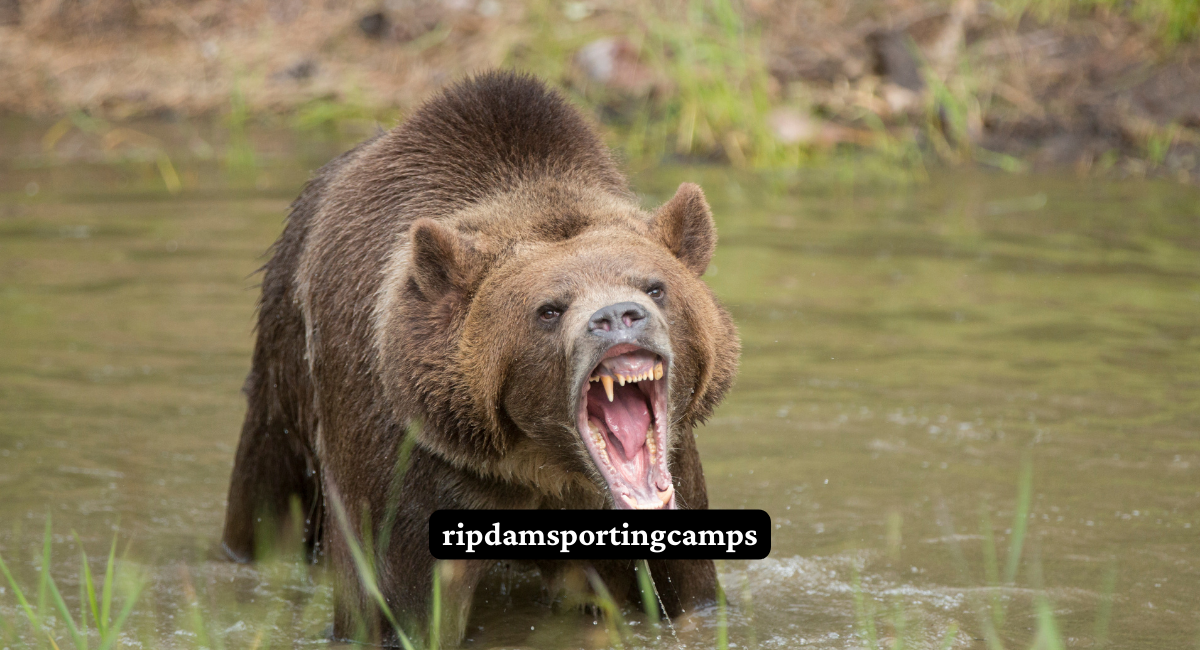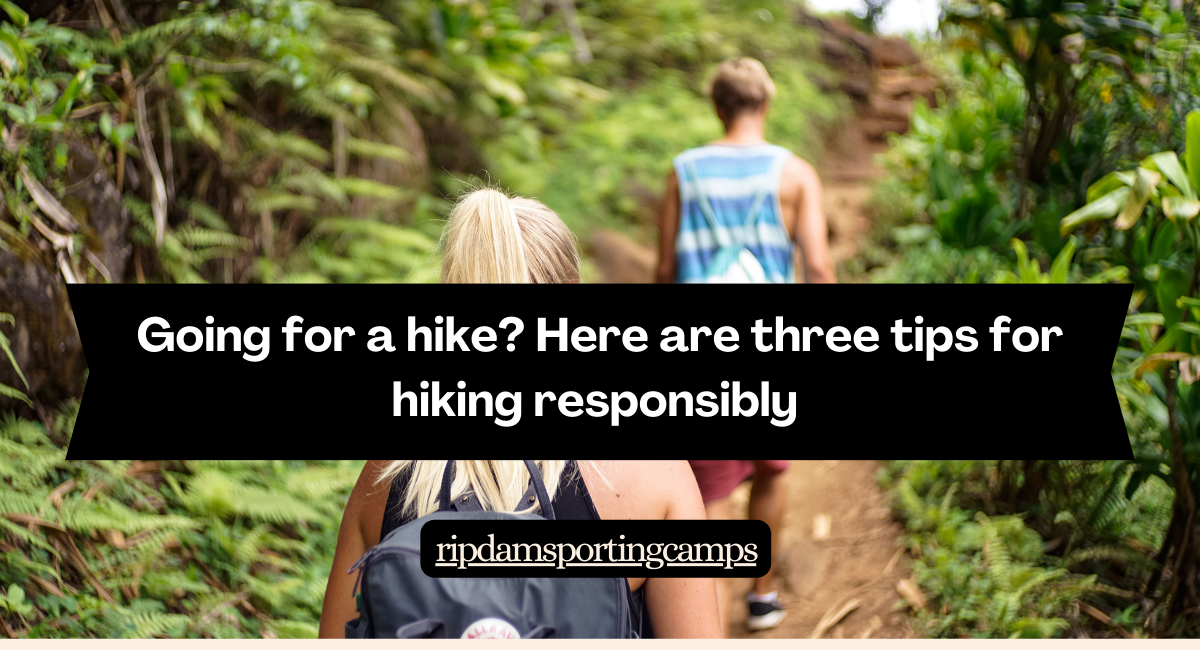Living off-grid in North America’s remote wilderness is a dream for many seeking a life of self-sufficiency, solitude, and connection with nature. However, this lifestyle comes with significant challenges and requires careful preparation and resilience. Here’s what you need to know about the realities of living off-grid in the wilderness and whether it’s a viable option for you.
Embracing Self-Sufficiency
Sustainable Living
Living off-grid means relying on sustainable resources for your daily needs. This includes generating your own power, sourcing water, and growing or hunting your own food. Solar panels, wind turbines, and hydroelectric systems are common ways to produce electricity. Ensuring a consistent water supply through wells, rainwater collection, or nearby water sources is crucial.
Food Supply
Growing your own food is a fundamental part of off-grid living. This requires knowledge of gardening, preserving food, and possibly raising livestock. Hunting and fishing can also supplement your diet, but they require permits and a deep understanding of local wildlife.
Building a Shelter
Choosing the Right Location
Selecting a suitable location for your off-grid home is vital. Consider factors like proximity to water, exposure to sunlight, and the availability of natural resources. It’s also important to be aware of the legalities and land-use regulations in your chosen area.
Constructing Your Home
Building a durable shelter that can withstand the elements is essential. Many off-gridders opt for log cabins, earthships, or tiny homes. These structures are designed to be energy-efficient and often incorporate natural materials found on-site. Ensuring proper insulation and a reliable heating source, such as a wood stove, is key to surviving harsh winters.
Surviving the Elements
Weather Preparedness
North America’s remote wilderness presents extreme weather conditions, from scorching summers to freezing winters. Being prepared for these changes is critical. Stockpiling supplies, maintaining proper clothing, and having a reliable heating system are all necessary steps.
Wildlife Encounters
Living in the wilderness means sharing the space with wildlife. Understanding local wildlife behaviors and knowing how to protect yourself and your property from potential threats, such as bears or other predators, is important.
Skills and Knowledge
Essential Skills
To thrive off-grid, you need a variety of skills, including woodworking, farming, hunting, fishing, and first aid. Knowledge of survival techniques, such as fire-starting, shelter-building, and navigation, is also crucial.
Continuous Learning
Living off-grid is a continuous learning process. Joining off-grid communities, attending workshops, and reading up on the latest sustainable living practices can help you stay informed and improve your off-grid experience.
Social and Psychological Considerations
Isolation
Living in remote wilderness areas often means dealing with isolation. While some people thrive in solitude, others may find it challenging. Maintaining communication with family and friends through satellite phones or internet services can help mitigate feelings of loneliness.
Read: Why You Shouldn’t Trust Your Thoughts When You Are Depressed?
Mental Health
Taking care of your mental health is as important as physical preparedness. Engaging in hobbies, maintaining a routine, and setting goals can help you stay mentally healthy and focused.
Conclusion
Living off-grid in North America’s remote wilderness offers a unique and rewarding lifestyle for those who are prepared to face its challenges. It requires a deep commitment to self-sufficiency, a wide range of practical skills, and a resilient mindset. By carefully planning and embracing the principles of sustainable living, you can successfully transition to an off-grid life and enjoy the peace and beauty of the wilderness. Whether you’re seeking independence, adventure, or a closer connection to nature, living off-grid can be a fulfilling and transformative experience.
-
Why Hiking Underwear Matters?

When preparing for a hike, the right gear is crucial, and one often overlooked element is the underwear. Choosing the best hiking underwear can significantly enhance comfort and performance on the trail. This article explores key factors to consider, top materials, and tips for selecting underwear that suits your hiking needs. Why Hiking Underwear Matters…
-
What Should You Do if You Run into a Bear While Hiking in WA?

Hiking in Washington’s scenic landscapes can be an exhilarating experience. With its lush forests, majestic mountains, and serene trails, it’s no wonder outdoor enthusiasts flock to the Evergreen State. However, Washington is also home to black bears and, occasionally, grizzly bears. Encountering one while hiking can be a daunting experience. Knowing how to react can…
-
Going for a Hike? Here Are Three Tips for Hiking Responsibly

Hiking is a wonderful way to immerse yourself in nature, enjoy the great outdoors, and get some exercise. However, it’s important to hike responsibly to protect the environment and ensure a safe and enjoyable experience for everyone. Here are three essential tips for hiking responsibly. 1. Stay on Marked Trails Protecting the Environment One of…